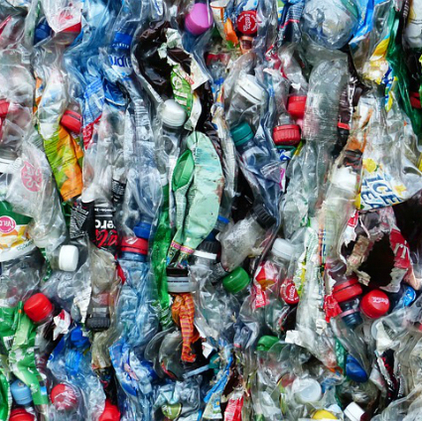
Summary: The aim of the proposed project was to improve the overall environmental footprint and long-term sustainability of the packaging industry through the development of novel decision support models for end-of-life recovery, separation and recycling of post-consumer bio-polymer waste.
Project Description: Biopolymers, produced from renewable resources, are becoming increasingly available for use in a range of applications. The use of biopolymers as packaging materials is popularly assumed by manufacturers and consumers to provide environmental benefits over the use of fossil-derived plastics. However, given the many factors affecting the packaging life cycle (from raw material production to disposal and recycling treatments) this assumption is often too simplistic and subsequently incorrect. The research assessed polymer packaging waste streams and end-of-life processing strategies appropriate to them. a review of legislation encompassing disposal of polymers derived from renewable or non-renewable sources was conducted. An LCA model was developed allowing quantification of benefits from using renewable as opposed to non-renewable resources for packaging across the life cycle and disposal. Finally, a framework was defined for a tool to support decision making by comparing impacts of renewable- and non-renewable-derived polymer packaging characteristics.
Project Highlights/Deliverables:
1. A report containing an assessment of the waste arising from polymer packaging, current and future sources of packaging waste and end-of-life processing strategies available to deal with them; state-of-art review of current bio-material development and manufacture; a review of UK legislative framework regarding disposal polymers made from renewable and non-renewable sources; and recommendation for the evaluation of packaging materials that will be used for LCA and case studies.
2. An LCA model which supports quantification of the benefits of a switch from oil-based to renewable resources based on the packaging life cycle and including alternative end-of-life treatments; application of the LCA model, together with a cost benefit model, to support completion of a case study.
3. A framework for a decision support tool that enables comparative assessment of the impact of renewable versus non-renewable polymer packaging characteristics.